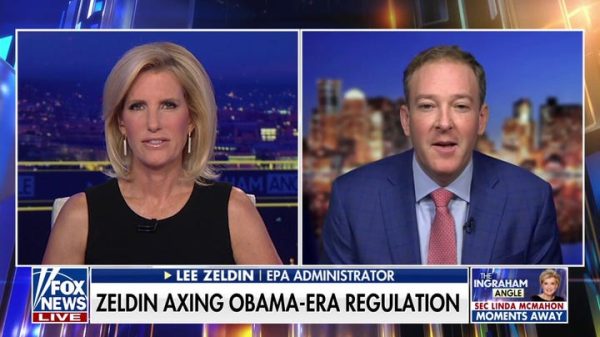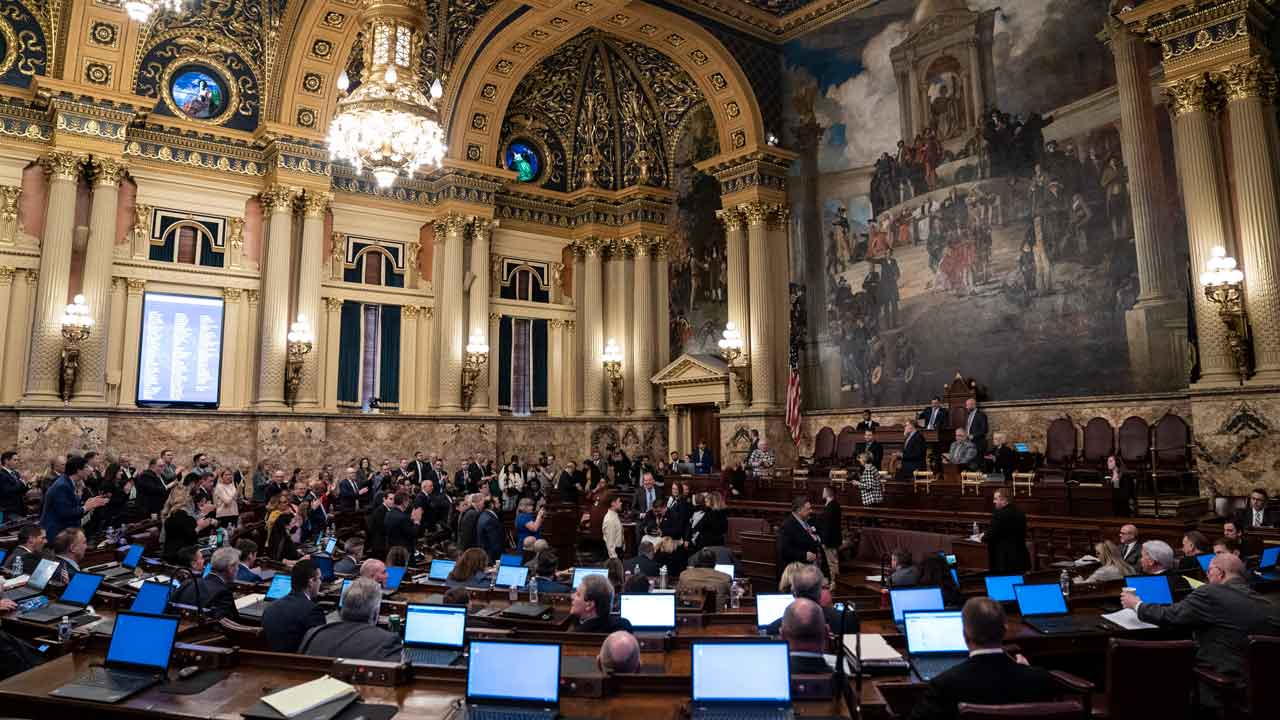A court’s ruling earlier this year that the way Pennsylvania funds public schools is unconstitutional helped make education spending one of the thorniest issues in state budget negotiations.
Along with a partisan divide over spending taxpayer money to help students attend private and religious schools, education funding has left the state’s 2023-24 spending plan incomplete.
The state government is approaching a second week without full spending authority, with the final OK on a $45 billion spending plan stymied over a dispute about creating a $100 million program to allocate state subsidies for students in the lowest performing districts to attend private or religious schools.
Complicating matters is the judge’s ruling, which ordered the Legislature and governor to fix the system but with no guidance about how — or how quickly — it should be done.
The budget still in limbo includes about $800 million for public education, significantly less than what Democrats wanted. The state’s poorest districts will split $100 million through a program designed to help them close some of the gap between them and more affluent districts.
‘Schools were unconstitutionally underfunded last year, this year, and they will be unconstitutionally underfunded next year,’ said Dan Urevick-Ackelsberg, senior attorney for Public Information Law Center, which successfully pursued the school funding case.
Education advocates were hoping to see a significant down payment — about $2 billion — to start addressing the system’s shortcomings, as well as a plan to overhaul how the state funds its schools. The lawyers hoped to see it as planning begins for the next fiscal year.
‘We dug a hole for a number of years. It’s going to take us a number of years to dig out,’ Urevick-Ackelsberg said.
Some districts are ‘deeply in the hole, thousands of dollars per pupil short of where they need to be,’ and the $100-million split won’t get at the real change needed, said Bruce Baker, a University of Miami education professor who researches public school financing.
In other states with similar court rulings, action has not always been swift. But some states have managed to make sustained investments, said Maura McInerney, legal director for the Education Law Center, which also was involved in the funding lawsuit.
‘I think it takes a lot of political will and leadership,’ she said. ‘There is no reason to wait here.’
Democratic Gov. Josh Shapiro cautioned it would take time, and he said fully funding public schools was a priority. But he also voiced his support behind the Republican-controlled Senate’s school voucher program. And even if the vouchers don’t pass this cycle, the budget still gives increases for private education through a tax credit that largely benefits private schools.
House Republicans described the vouchers as a potential solution to the court’s decision, saying that the court left reform open to a variety of paths.
The voucher would give up to $10,000 to families to use for private school. An eligible student must attend one of the state’s 15% lowest-performing schools, based on standardized test scores, and come from a family that makes under 250% of the federal poverty level, or $75,000 for a family of four.
‘Its inclusion as part of this budget would lead to the most ambitious and beneficial school reform measure in decades,’ Minority Leader Rep. Bryan Cutler, R-Lancaster, said in a statement.
Cutler and the House Republicans took a lead role in defending the school funding case, litigating it for years before the judge ruled against their side.
Increasing public education funding alone ‘will leave many Pennsylvania students trapped in failing schools,’ Cutler said.
While Shapiro said he would use his line-item veto to kill the voucher program to keep from hitting an impasse last week, he pushed House Democratic leadership to considering alternatives, like vouchers and the tax credit program while working to reach constitutional compliance.
Even with that promise, Senate Republicans have called on Shapiro to sign the budget bill without nixing the program. They’re not without some leverage.
The chamber has adjourned until September, with key pieces of the budget unresolved. There is still legislation needed to direct how the money in the budget can be spent — including for some of Shapiro’s and House Democrats’ priorities.
<!–>























